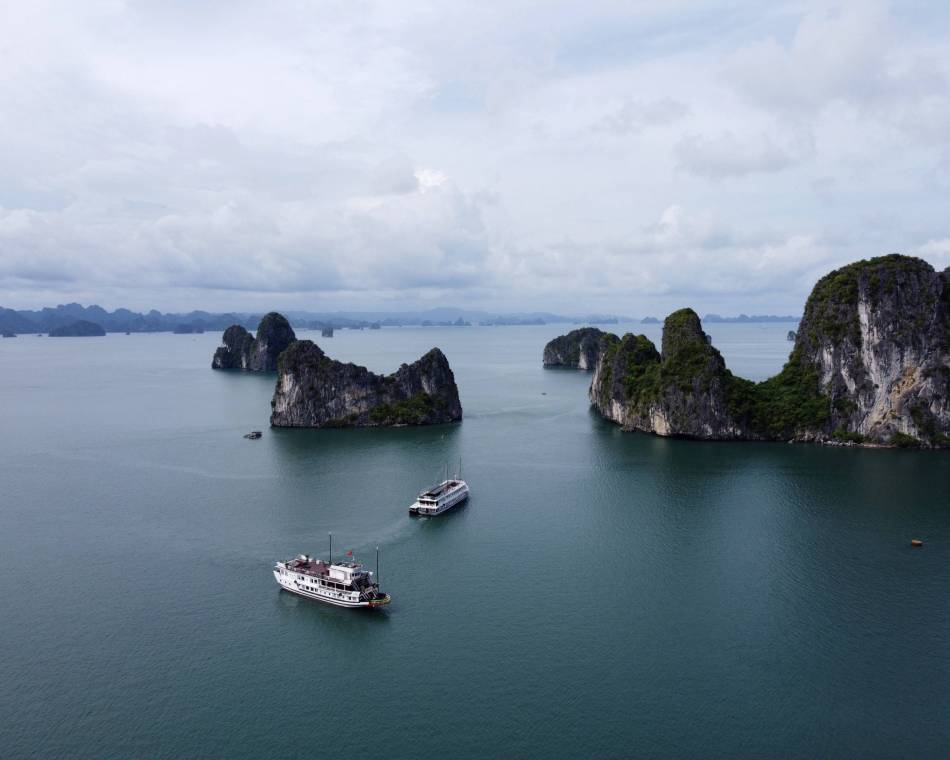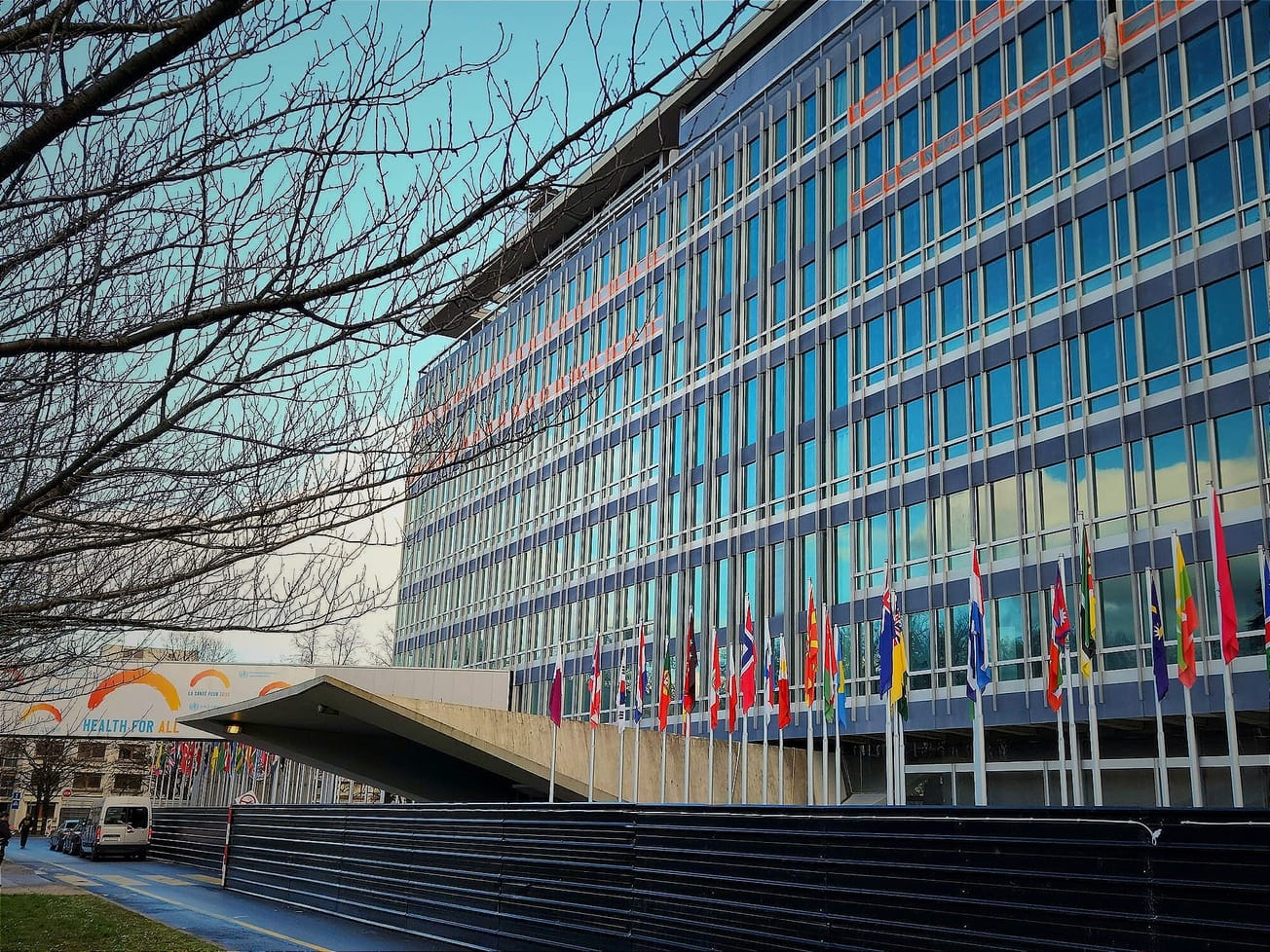UNITED NATIONS (AN) — Proponents of a global high seas treaty — first proposed by the U.N. General Assembly in late 2017 to protect an immense segment of biodiversity against mounting commercial pressures — are set to resume talks in August with the goal of approving it as soon as possible.
Included in the 55-page draft treaty is a set of principles that says the "polluter pays," nations share a "common heritage," and there should be "equity" or the "fair and equitable sharing of benefits," according to the latest version circulated on Monday.
Other items emphasize using the best available science and knowledge from Indigenous peoples and local communities, and applying "precaution" with an integrated approach to managing ecosystems that builds "resilience to the adverse effects of climate change and ocean acidification and restores ecosystem integrity."
No universal law exists that protects marine species and minerals in the high seas covering 43% of Earth's surface. The draft treaty, which emerged from a 2018 conference at U.N. headquarters, applies to international waters that are beyond the 200 nautical mile (370 kilometer) jurisdiction of coastal nations.
Nearly two weeks of talks are planned for an intergovernmental panel in New York to work on creating an international legally binding instrument under the U.N. Convention on the Law of the Sea, or UNCLOS, aimed at conservation and sustainable use of marine biological diversity in areas beyond national jurisdiction. UNCLOS has 168 nations that take part in it — including China and Russia, but not the United States, the only major nation that does not belong.
UNCLOS took effect in 1994, creating three organizations to manage ocean resources: Commission on the Limits of the Continental Shelf based at the U.N.'s headquarters in New York; International Tribunal for the Law of the Sea in Hamburg, Germany; and International Seabed Authority in Kingston, Jamaica.
The High Seas Treaty (BBNJ) must be robust & operable. We must not squander 2022's unparalleled confluence of opportunities for #Ocean Action: WTO Ministerial Council (subsidies removal), UN Ocean Conference, BBNJ, CBD COP15 & UNFCCC COP28. UNEA has shown us the way to consensus. pic.twitter.com/K4xjPZa3Zq
— Peter Thomson (@ThomsonFiji) May 26, 2022
'A sustainable ocean'
The draft treaty would ban the direct or indirect transfer of "damage or hazards from one area to another" or any sort of "transformation of one type of pollution into another," while insisting on a collective stewardship that emphasizes "protecting, caring for and ensuring responsible use of the marine environment, maintaining the integrity of ocean ecosystems, and preserving the inherent value of biodiversity of areas beyond national jurisdiction."
It is meant to extend UNCLOS' legal framework by requiring sustainable uses of marine biological diversity beyond national borders. Its significance lies in formally evaluating how fish stocks, marine genetics, and other high seas resources should be globally administered, conserved and sustained.
Another extension to UNCLOS, the U.N.'s Straddling Fish Stocks Agreement, entered into force in 2001, and has 92 participating nations, including Russia and the United States; China signed on, but never ratified it. The agreement covers species that migrate among, or are found in, more than one exclusive economic zone.
Marine scientists and advocates worry the lack of regulation on the high seas leads to depleted fish stocks from illegal and under-regulated fishing, and to ecologically harmful extraction of seabed minerals and sea genomes by energy companies and food and drug makers seeking new products.
"We know that without protecting the high seas, without having binding disciplines, we are not going to be able to have a sustainable ocean that we really need," said Dona Bertarelli, a Swiss philanthropist, ocean advocate, and special adviser for the "blue economy" to the U.N. Conference on Trade and Development.








